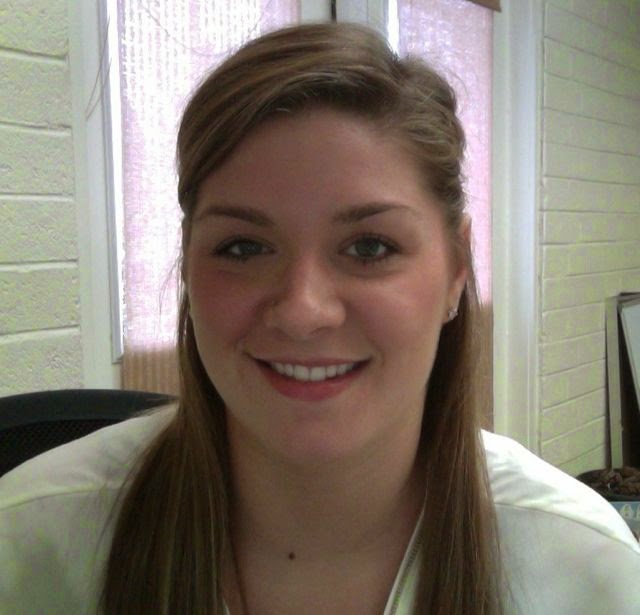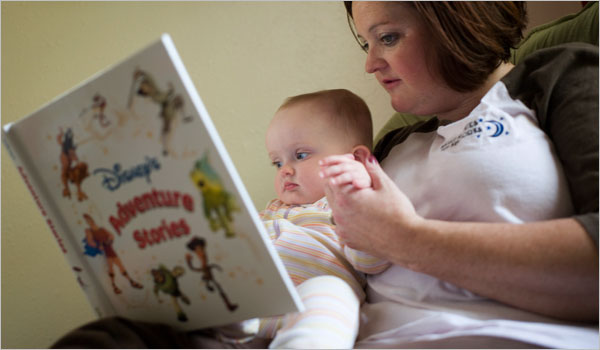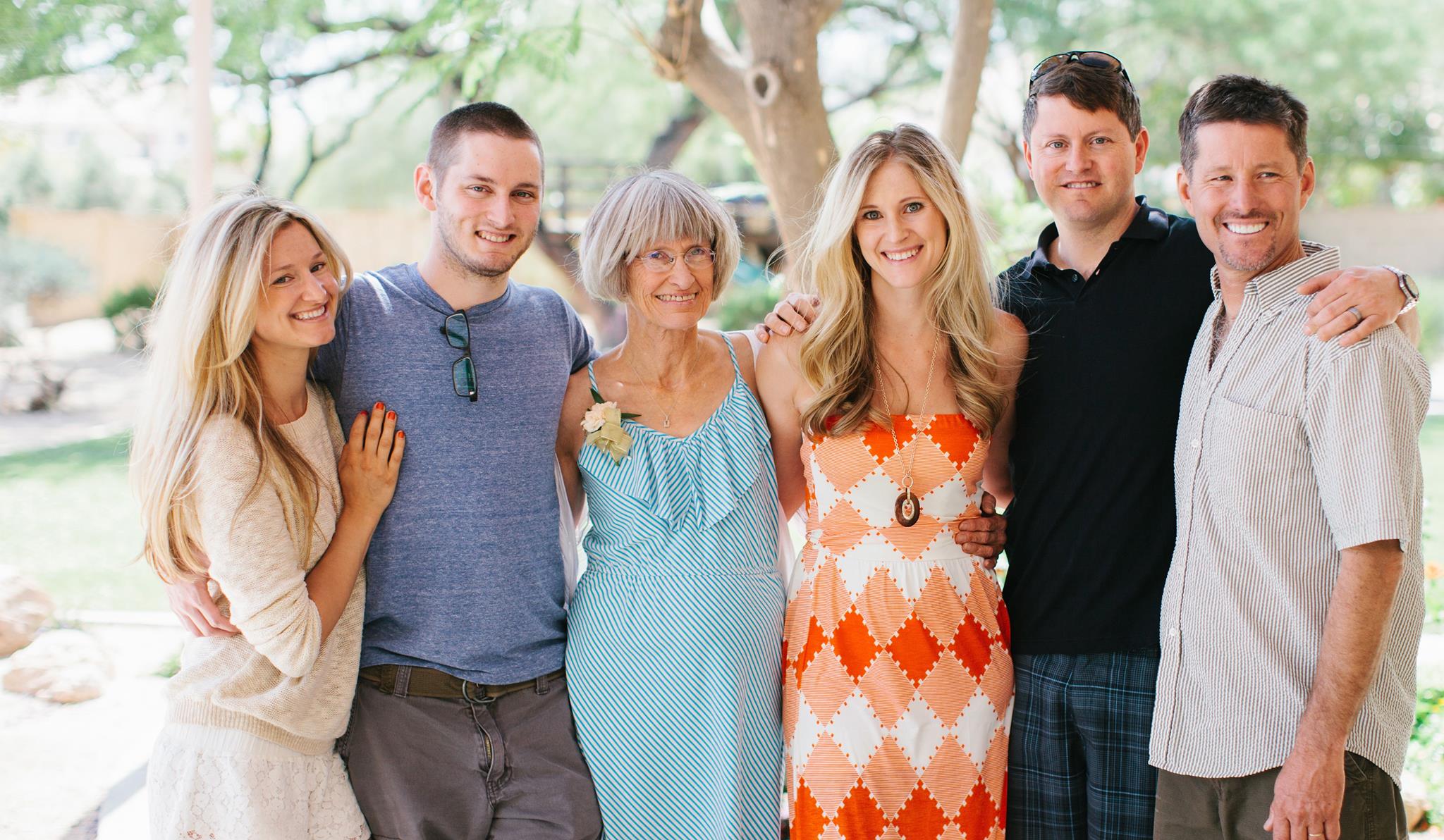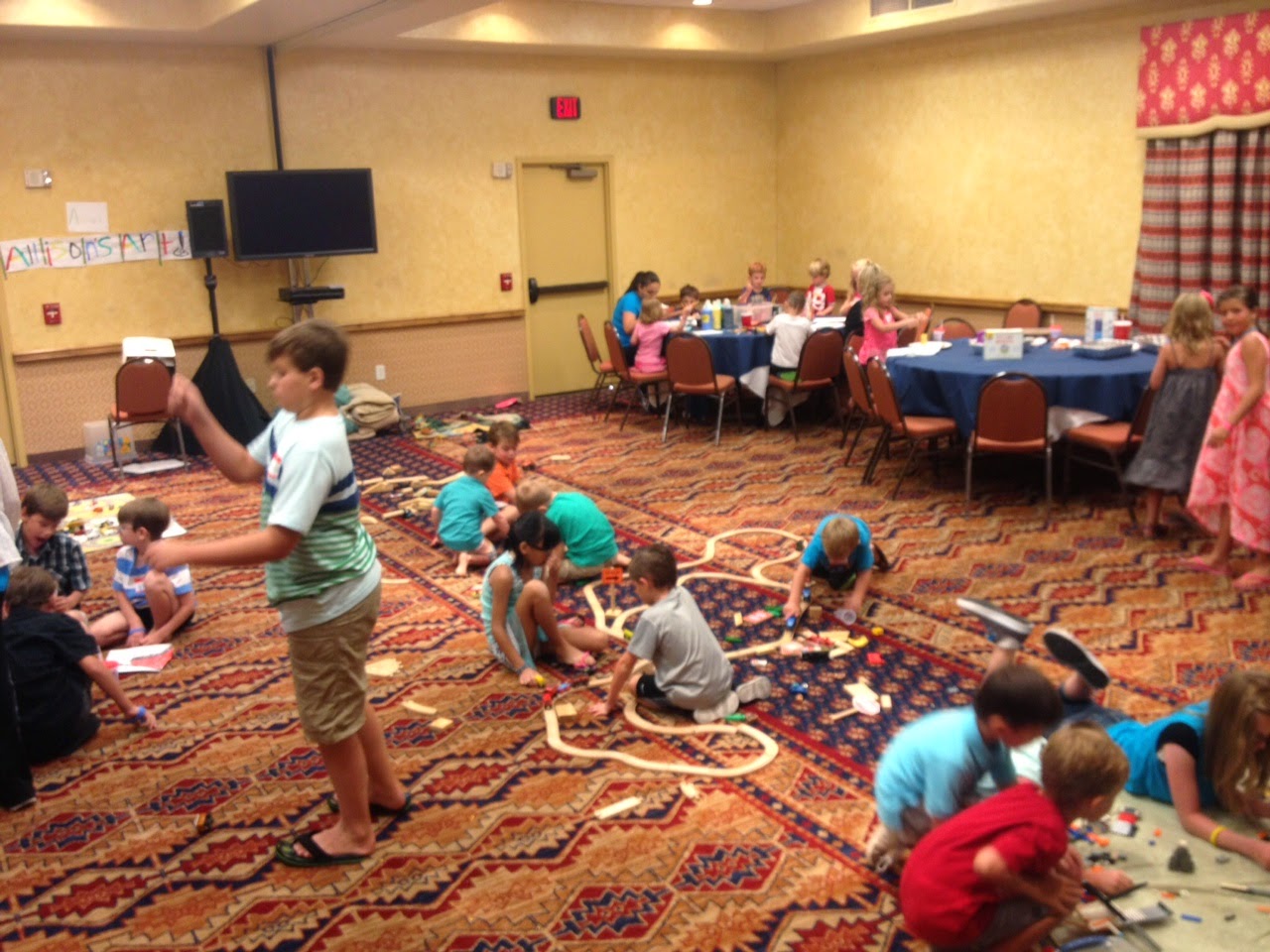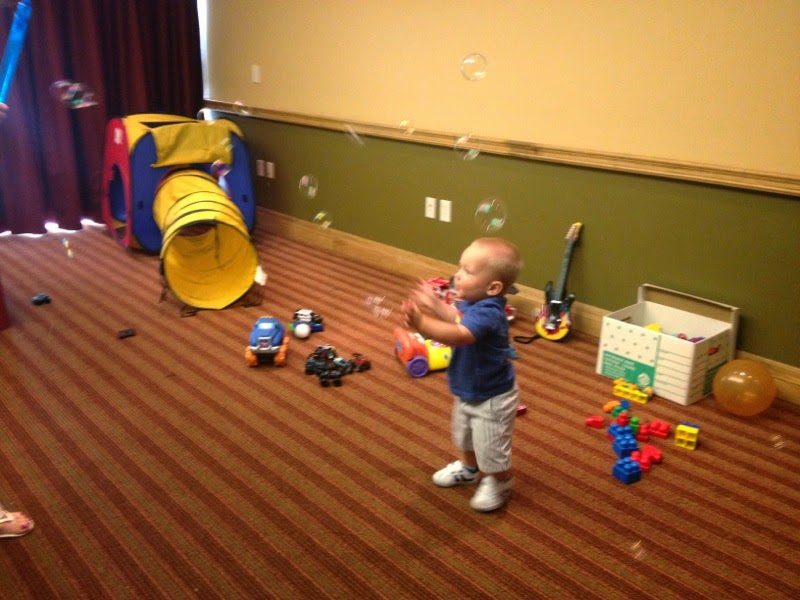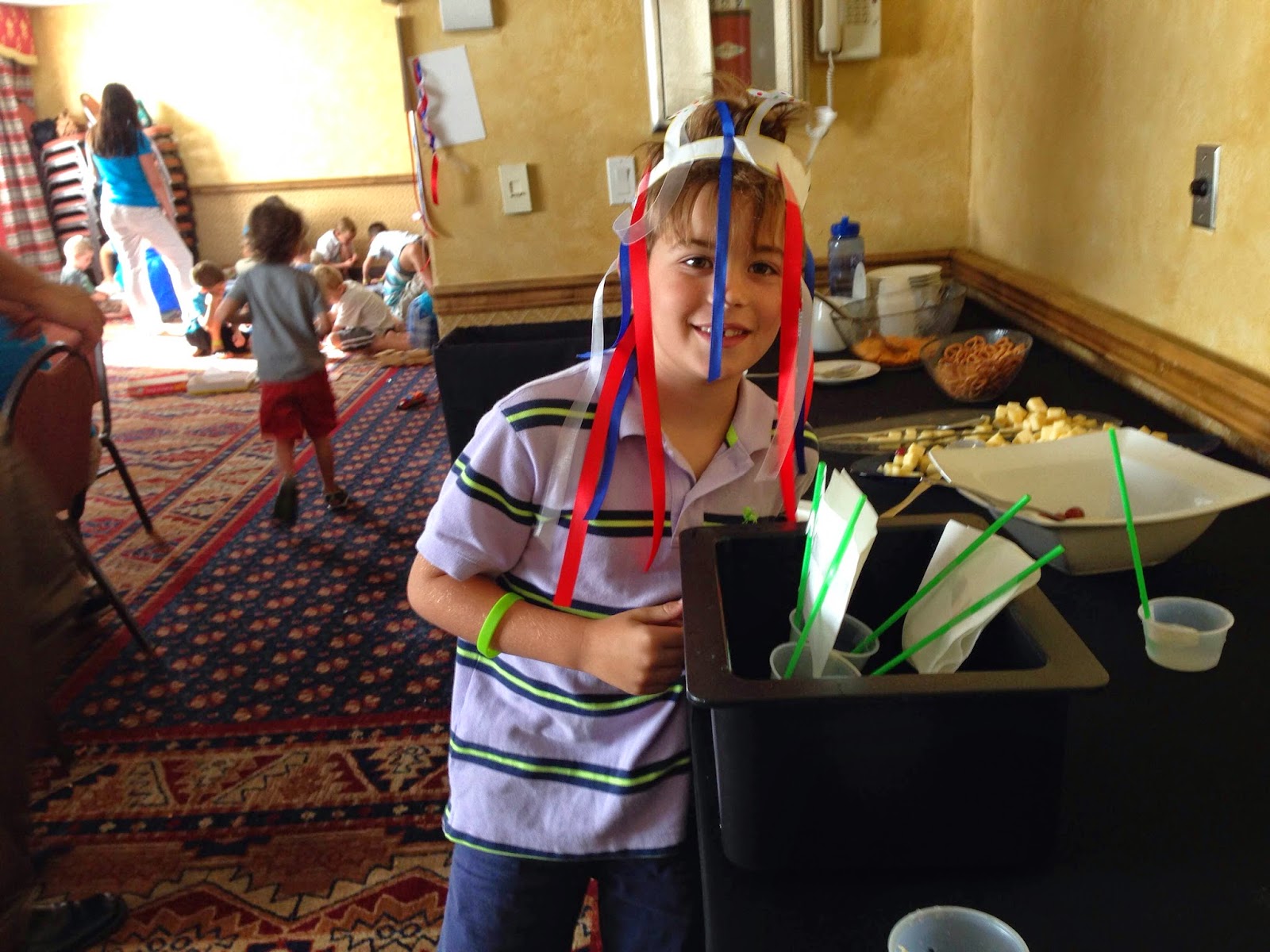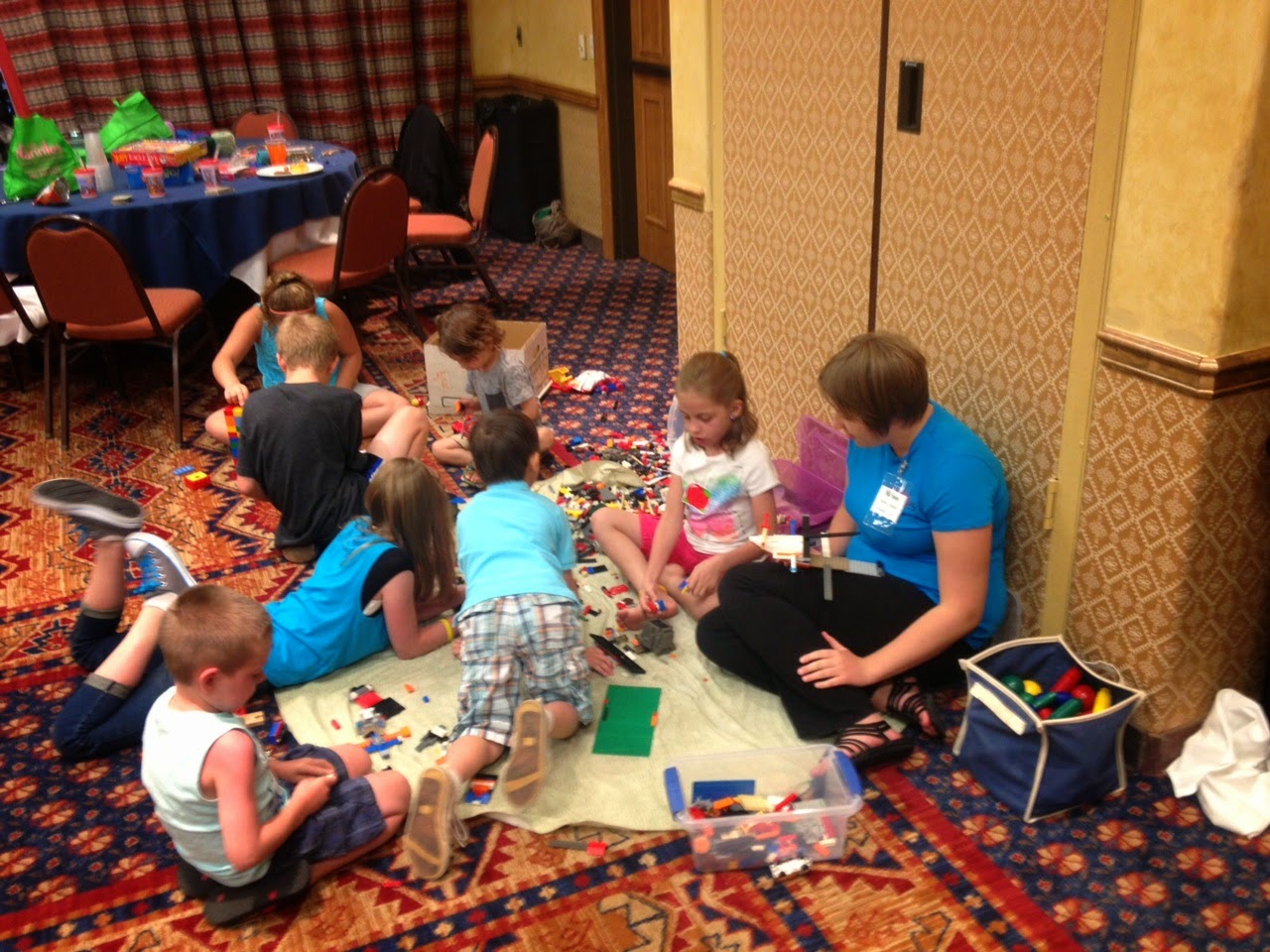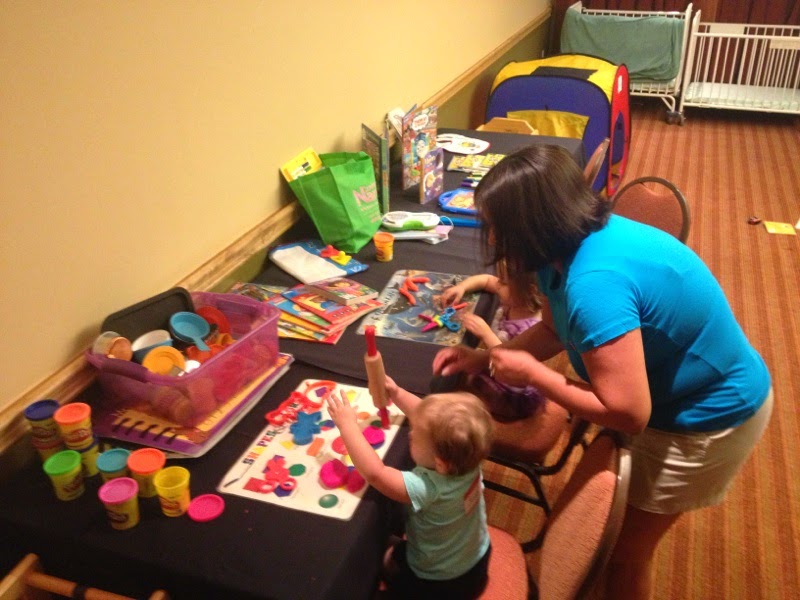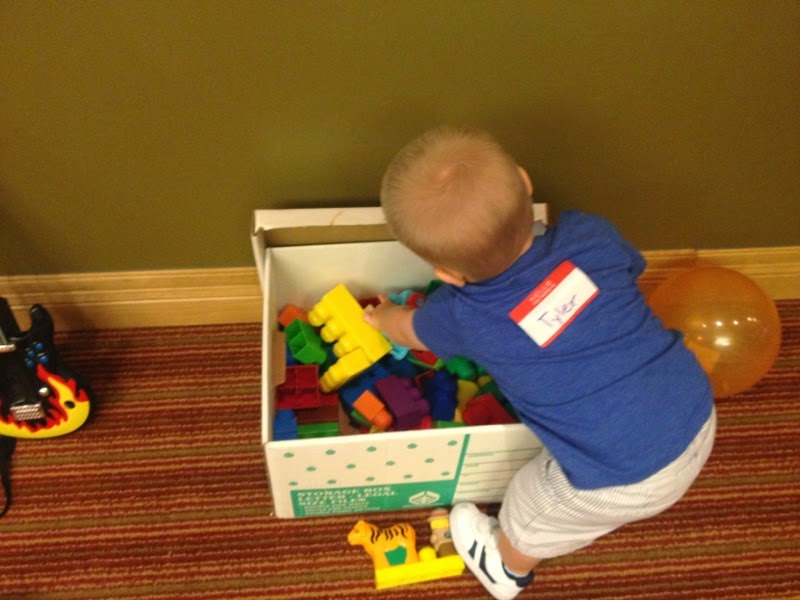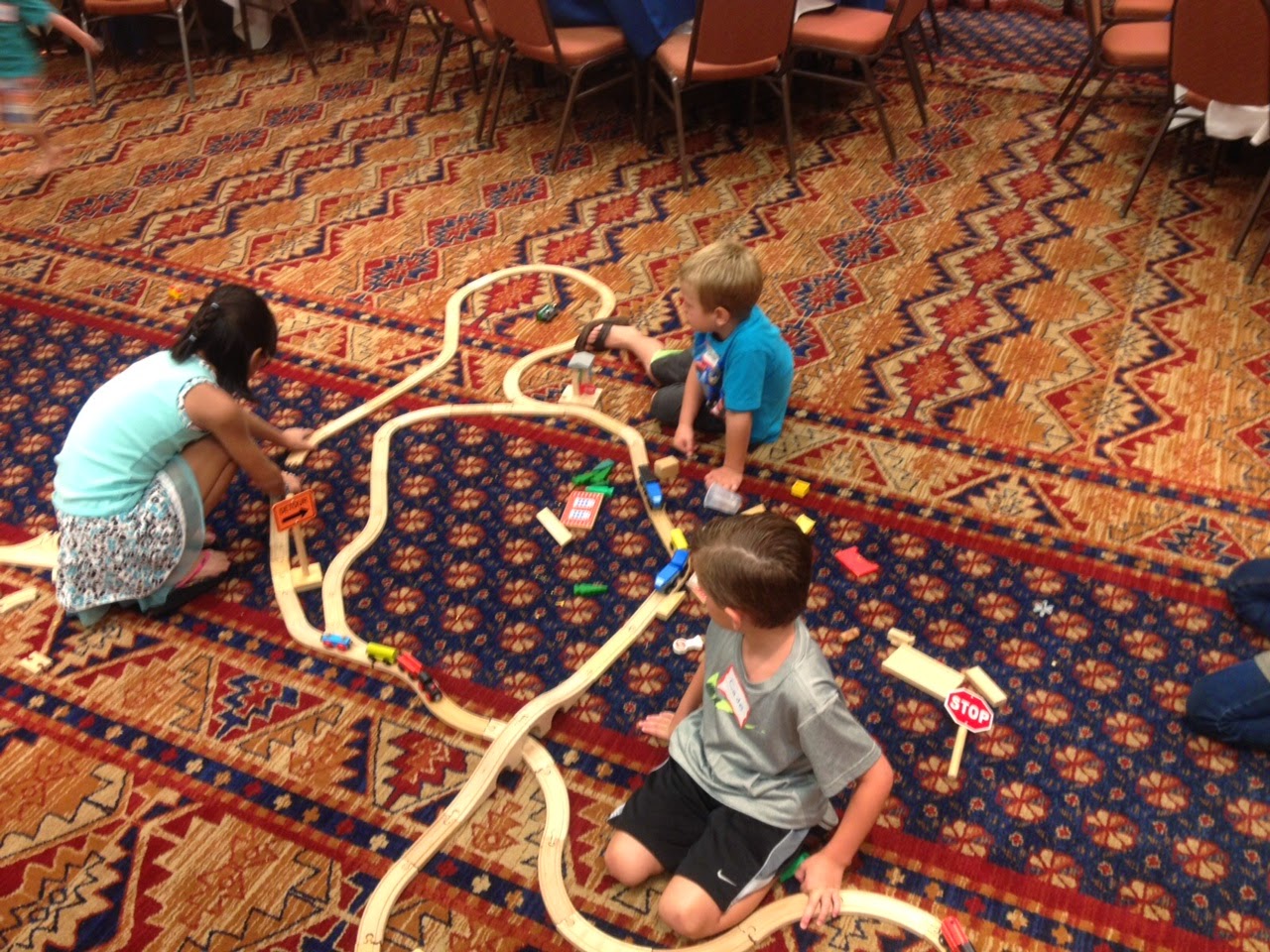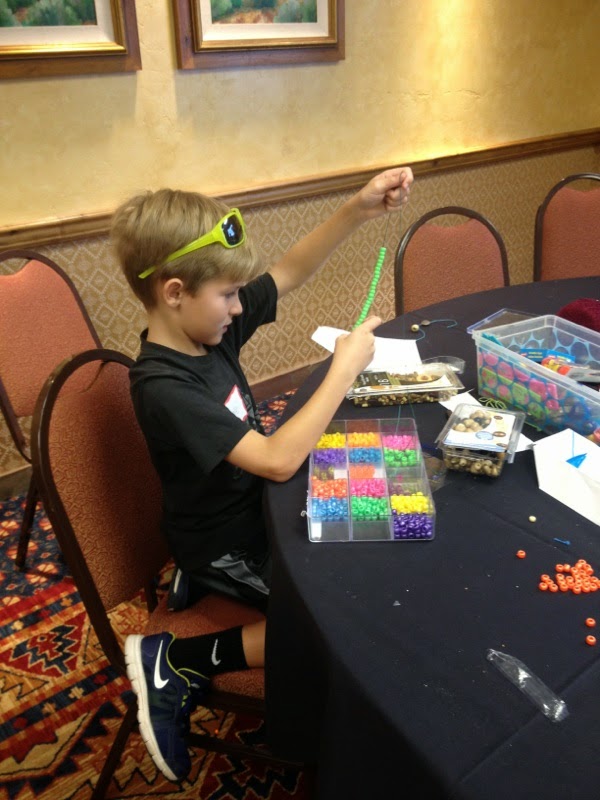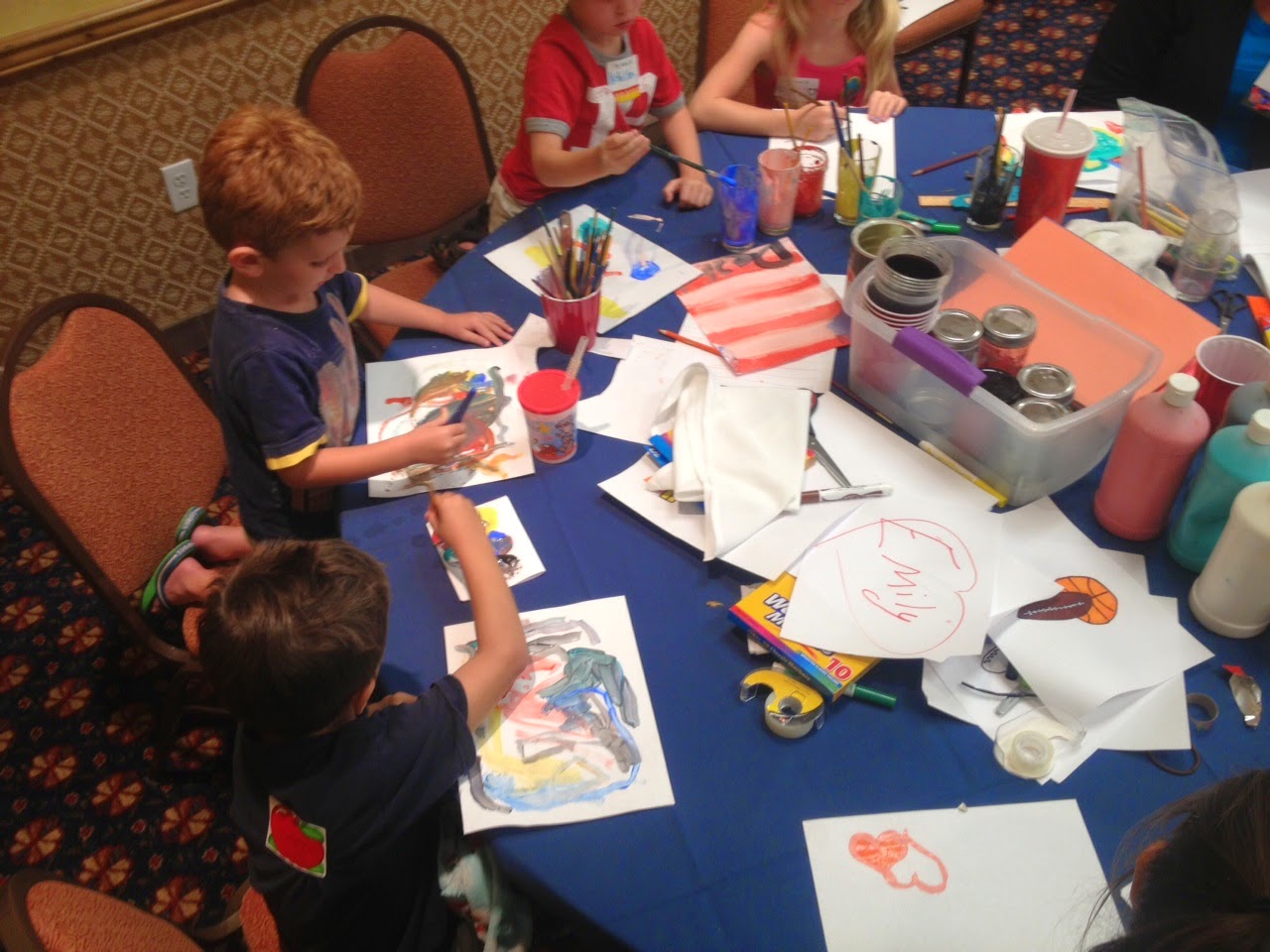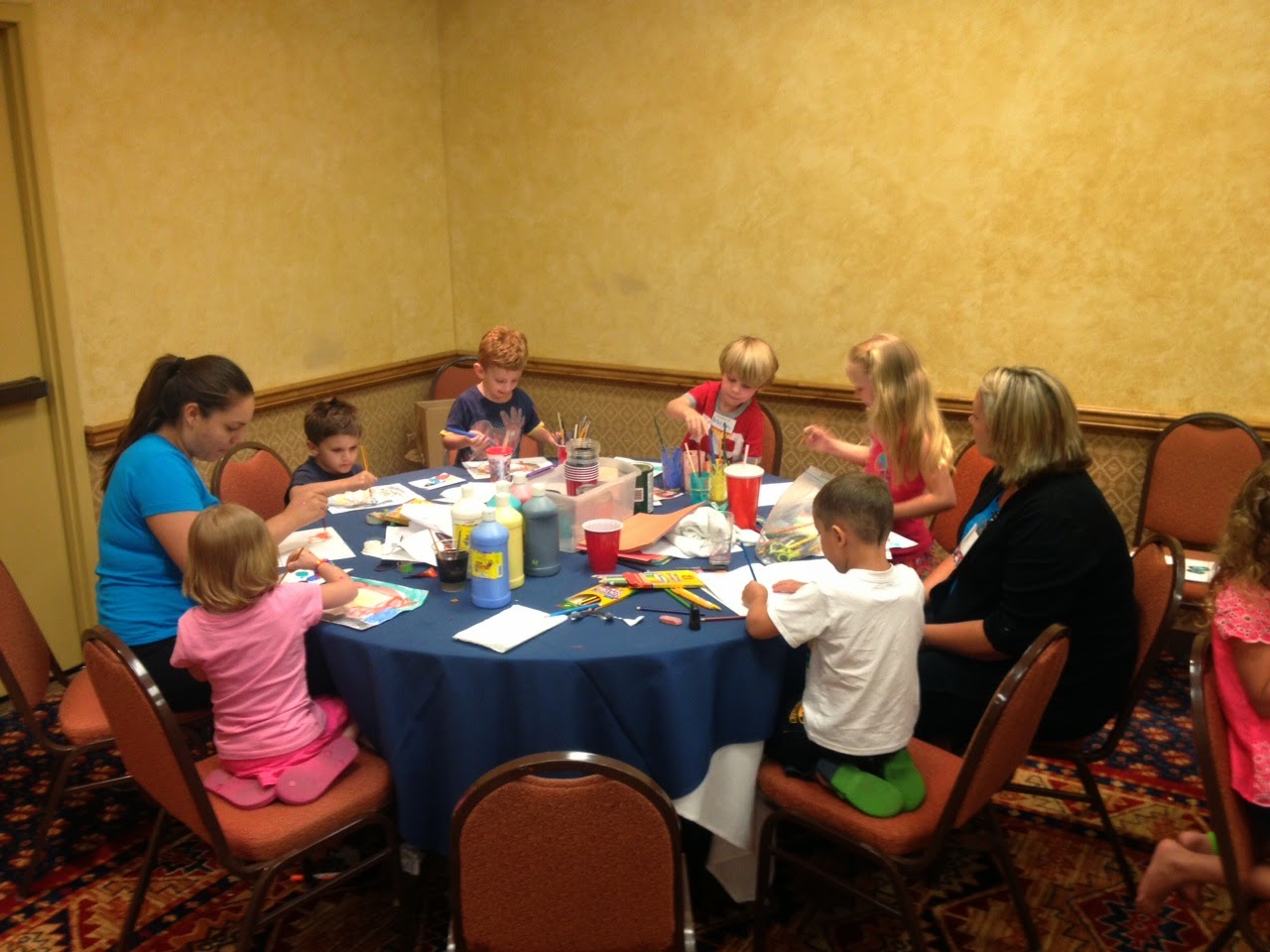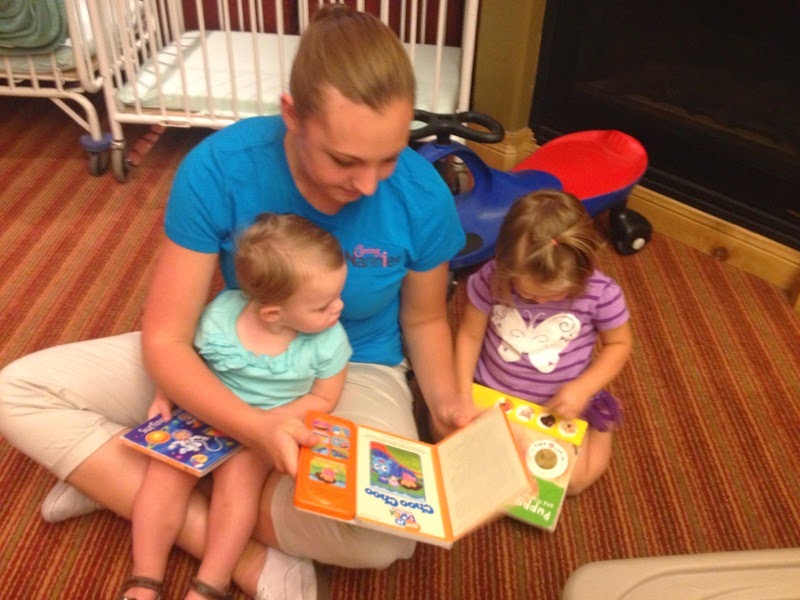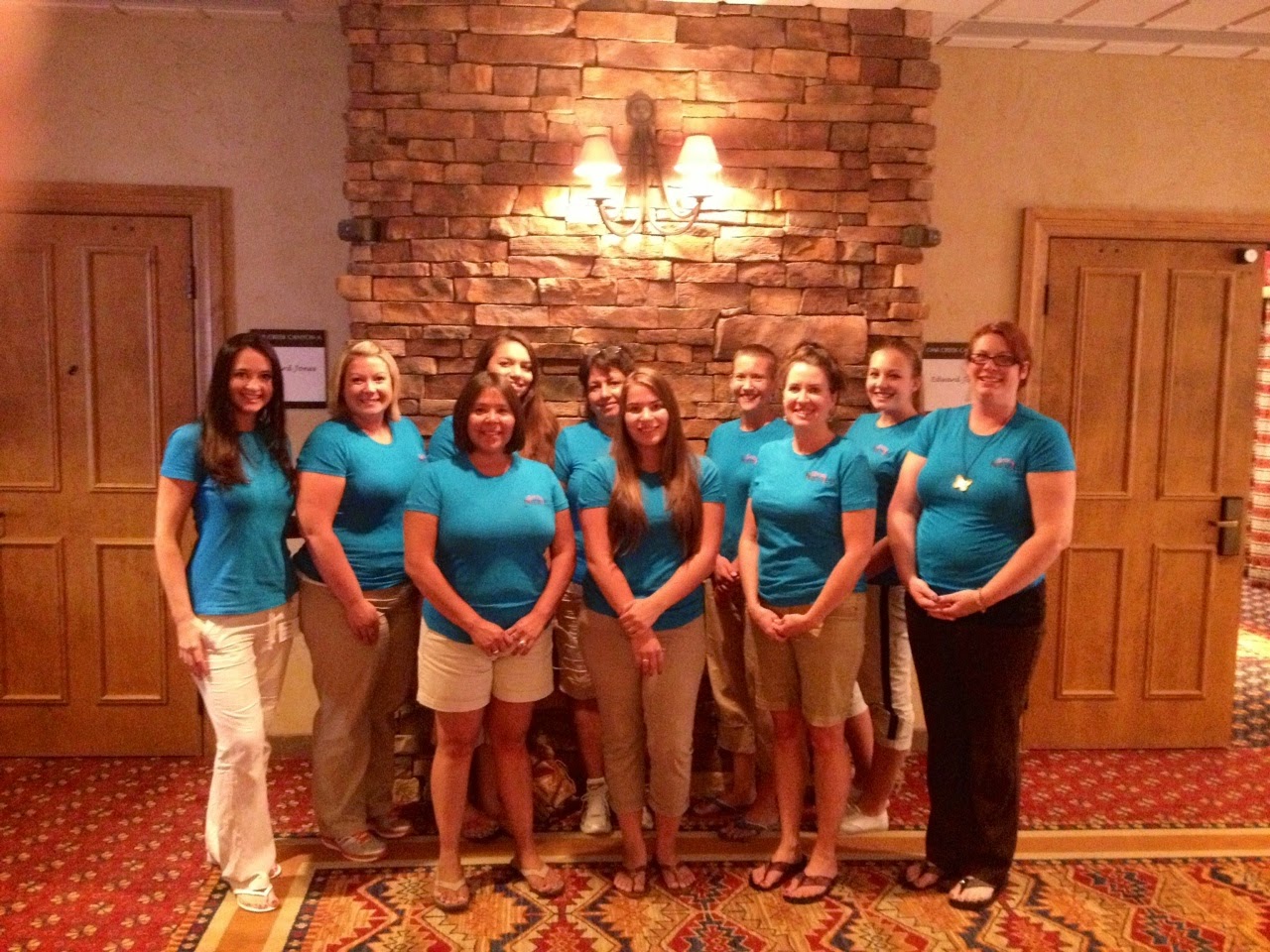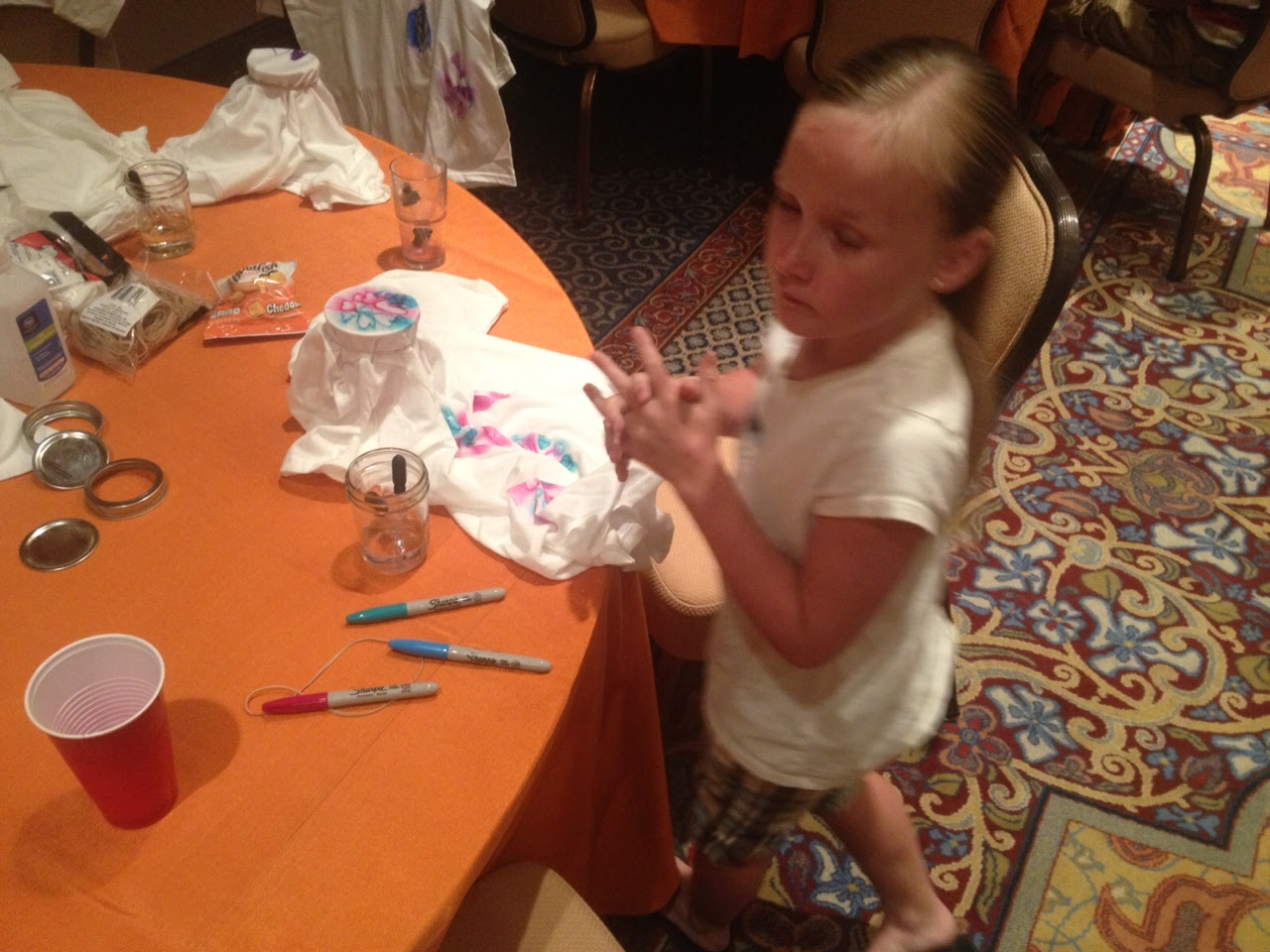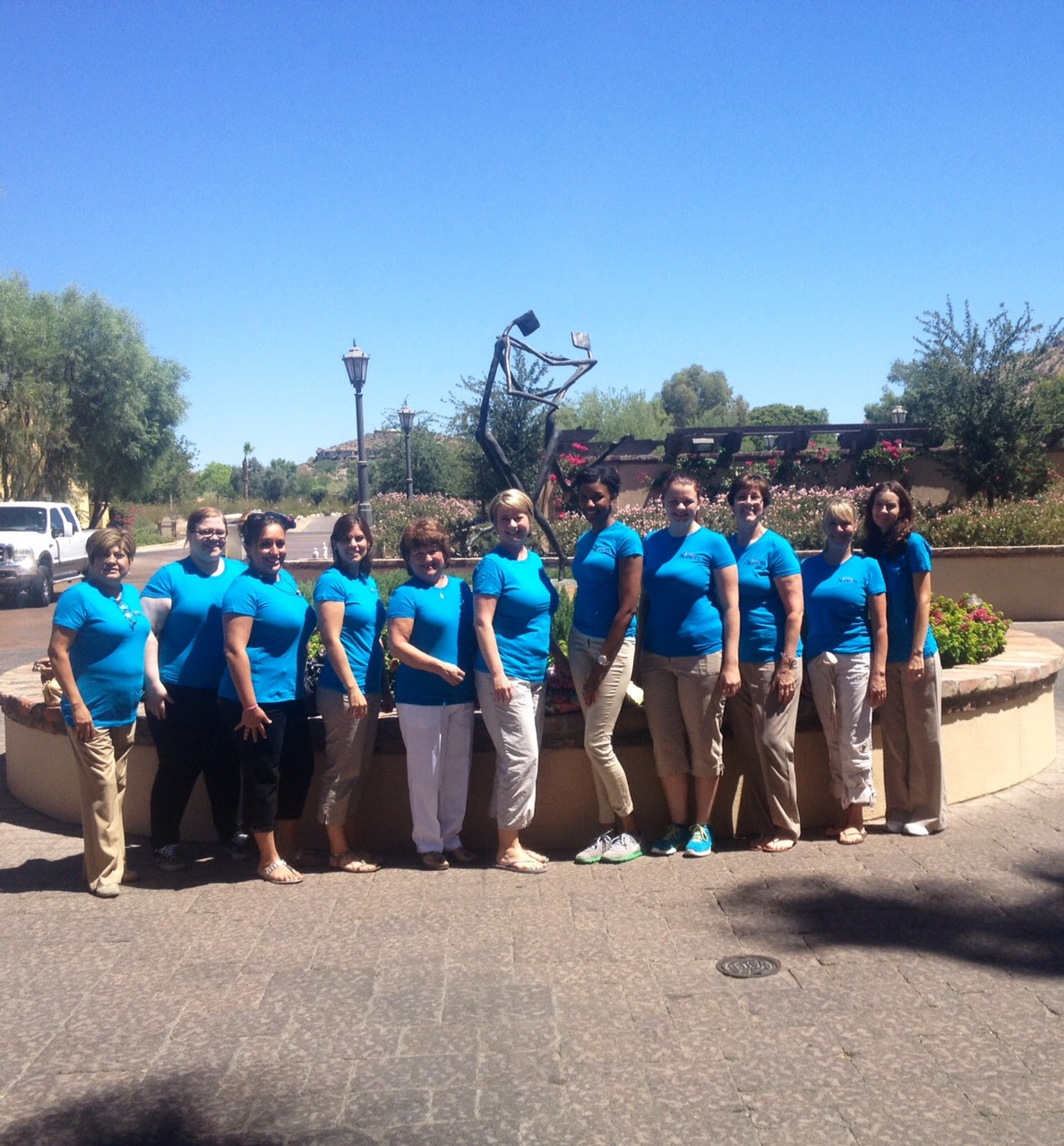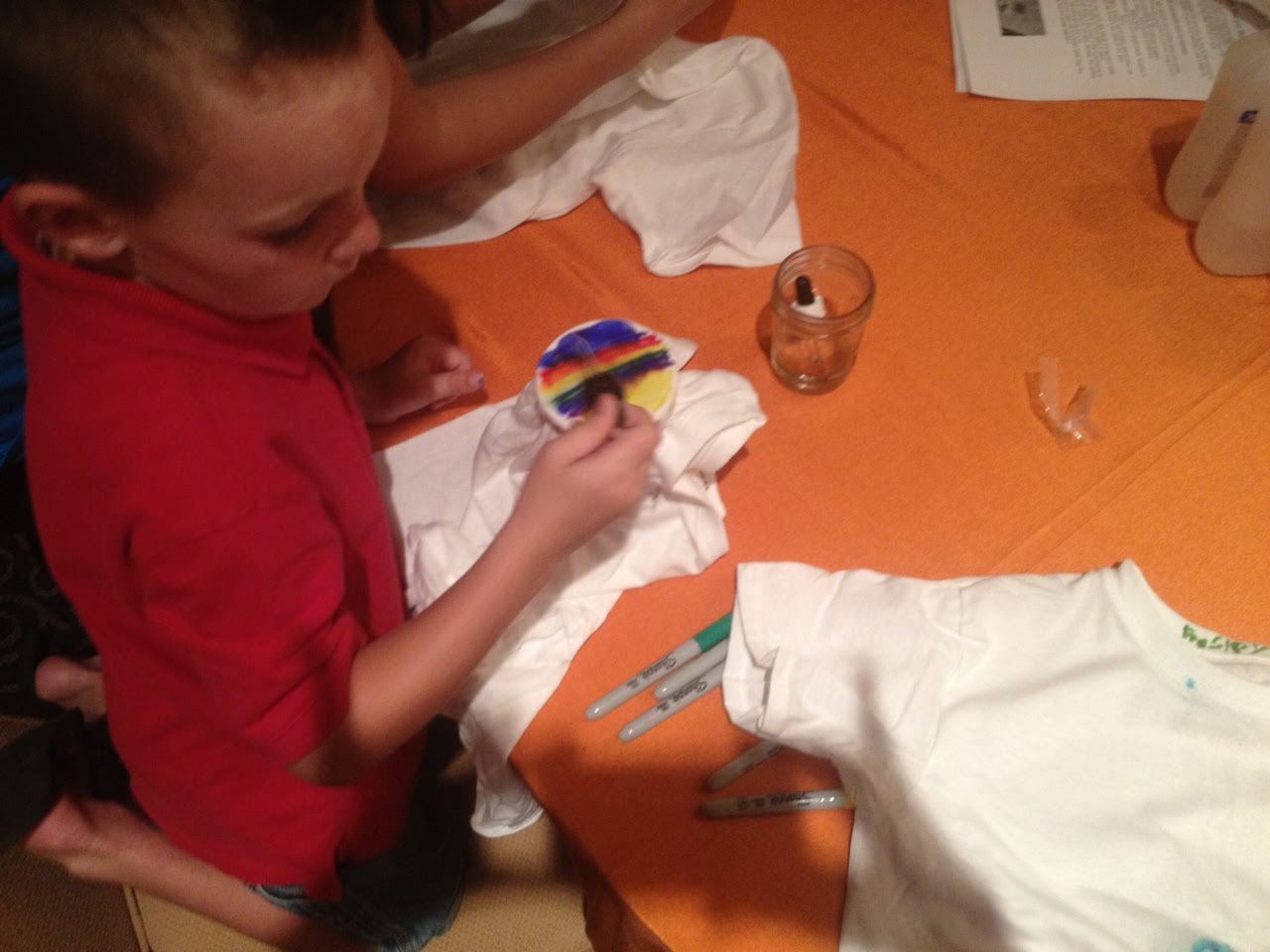This article ran in the New York Times April 7, 2007

Nanny of the Month, Tina Steinke, is a down to earth Phoenix nanny with three years of professional experience with ages newborn through five years. She loves everything domestic, teaching and encouraging children and making a home run smoothly and effortlessly. She loves the physical part of this career, including playing, being creative, teaching, organizing, cleaning and cooking. She tells us, “I could be out in the corporate world, but I feel that family life is so important and if children can have that stable person in the home that brings them security, I can bring that to them.”
She’s worked in homes with at-home Moms, and says, “Juggling a home and young children is a lot”. She’ll clean the kitchen, stock the diaper caddy, get meals together, clean and do laundry, allowing an at-home Mom more quality time with the children. Her biggest strength is her ability to multitask and her organizational skills. Tina has a calm, effective manner and an upbeat, happy, energetic and cheerful personality. Some of the fun activities she sets up for children are little tubs of water outside with plastic cups for water play, paper crafts, art, music, making obstacle courses, ribbon flags for twirling or dancing.
She loves taking children to the park, stroller walks, or making pictures for Mom and Dad. She home-schooled her children for eight years and incorporates reading books with every activity. “There’s so much
activity that makes children’s brains mush.” Tina is good at talking to children and teaching them about the world and then helping them connect the dots, think about things and be creative. She asks questions, asks about feelings, sings songs while in the car or on walks. When we asked Tina about her favorite memories she mentioned, “The precious and humorous things that come out of a two or four year old’s mouth. The way they process things is so funny. The big smile that comes on their face when they know I’m cooking their favorite meal.”
During down time, Tina is happy to straighten, organize a pantry, clean out a fridge, prepare food, go grocery shopping, or organize. “I love doing that, making things more user friendly, and I do family laundry in between. “I really enjoy when the family gives me responsibilities. That’s why I love children and home management, because it’s active work.” Tina recently accepted an after-school nanny position in her North Central Phoenix neighborhood with an eight year old boy and a six year old girl, and is doing a trial week with the family to assure it’s a good match. In her free time, Tina enjoys sewing, swimming, hiking, biking, playing games, crafts of all kinds and reading.
Beth Weise











